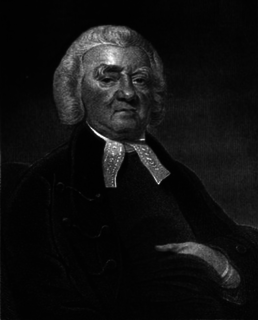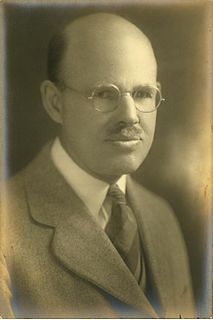A Quote by Fidel Castro
We are political animals, as, not without reason, affirmed Aristotle, who perhaps influenced humanity's thinking more than any other ancient philosopher through his almost 200 treatises, according to reports, of which only 31 have been preserved.
Related Quotes
Man is said to be a reasoning animal. I do not know why he has not been defined as an affective or feeling animal. Perhaps that which differentiates him from other animals is feeling rather than reason. More often I have seen a cat reason than laugh or weep. Perhaps it weeps or laughs inwardly - but then perhaps, also inwardly, the crab resolves equations of the second degree.
Reason cannot desire for man any condition other than that in which not only every individual enjoys the most absolute, unbounded freedom to develop himself out of himself, in true individuality, but in which physical nature, as well, need receive no other shaping by human hands than that which is given to her voluntarily by each individual, according to the measure of his wants and his inclinations, restricted only by the limits of his energy and his rights.
Suppose I grant that pigs and dogs are self-aware to some degree, and do have thoughts about things in the future. That would provide some reason for thinking it intrinsically wrong to kill them - not absolutely wrong, but perhaps quite a serious wrong. Still, there are other animals - chickens maybe, or fish - who can feel pain but don't have any self-awareness or capacity for thinking about the future. For those animals, you haven't given me any reason why painless killing would be wrong, if other animals take their place and lead an equally good life.
Without undervaluing any other human agency, it may be safely affirmed that the Common School, improved and energized, as it can easily be, may become the most effective and benignant of all the forces of civilization. Two reasons sustain this position. In the first place, there is a universality in its operation, which can be affirmed of no other institution whatever... And, in the second place, the materials upon which it operates are so pliant and ductile as to be susceptible of assuming a greater variety of forms than any other earthly work of the Creator.
Eratosthenes was the director of the great library of Alexandria, the Centre of science and learning in the ancient world. Aristotle had argued that humanity was divided into Greeks and everybody else, whom he called barbarians and that the Greeks should keep themselves racially pure. He thought it was fitting for the Greeks to enslave other peoples. But Erathosthenes criticized Aristotle for his blind chauvinism, he believed there was good and bad in every nation.
The problem is that for almost any feature of humanity that you can name, whether it's the ability to suffer, whether it's the capacity to reason, whether it's having lives that can go better or worse, there are at least some other non-human animals that have all of these features as well. So to exclude non-human animals from the range of moral concern but to include all humans, just seems morally arbitrary.
For the fundamental fact of human psychology is that society, instead of remaining almost entirely inside the individual organism as in the case of animals prompted by their instincts, becomes crystallized almost entirely outside the individuals. In other words, social rules, as Durkheim has so powerfully shown, whether they be linguistic, moral, religious, or legal, etc., cannot be constituted, transmitted or preserved by means of an internal biological heredity, but only through the external pressure exercised by individuals upon each other.
Those who have a why to live for can bear almost any how. The necessary premise is that a person is somehow more than his or her "characteristics," all the emotions, strivings, tastes, and constructions which it pleases us to call "My Life." We have grounds to hope that a Life is something more than a cloud of particles, mere facticity. Go through what is comprehensible and you conclude that only the incomprehensible gives any light.











































